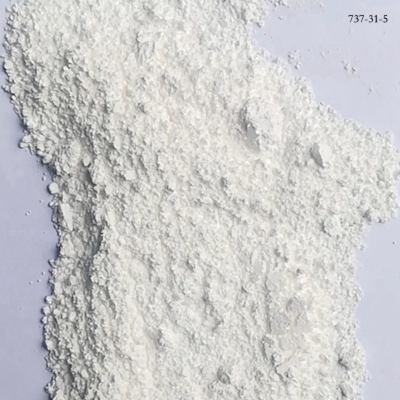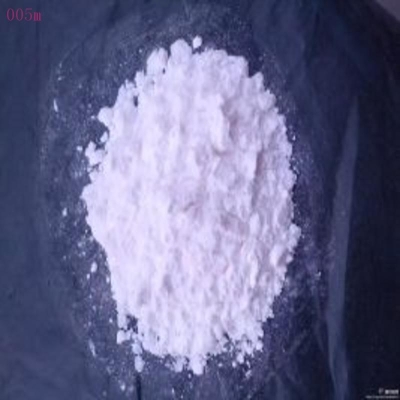-
Categories
-
Pharmaceutical Intermediates
-
Active Pharmaceutical Ingredients
-
Food Additives
- Industrial Coatings
- Agrochemicals
- Dyes and Pigments
- Surfactant
- Flavors and Fragrances
- Chemical Reagents
- Catalyst and Auxiliary
- Natural Products
- Inorganic Chemistry
-
Organic Chemistry
-
Biochemical Engineering
- Analytical Chemistry
-
Cosmetic Ingredient
- Water Treatment Chemical
-
Pharmaceutical Intermediates
Promotion
ECHEMI Mall
Wholesale
Weekly Price
Exhibition
News
-
Trade Service
A study showed that most fitness trackers can accurately measure heart rate, but they do not perform well in measuring calorie consumption
.
Therefore, scientists at Stanford University said that people should use them carefully to decide what to eat
.
The study suggests that companies should publish relevant data to show how their equipment measures
.
The study tested the accuracy of seven wrist-mounted devices and required 60 volunteers to wear these tracking devices for walking, running and cycling
.
Researchers found that six of these seven fitness equipment can more accurately estimate the wearer's heart rate, with an error rate of less than 5%
.
The seven fitness devices are Apple Watch, Fitbit Surge, Basis Peak Smart Watch, Microsoft Band, PulseOn Heart Rate Tracking Bracelet and MIP α-2 , But Samsung Gear S2S smart watch has the highest error rate, reaching 6.
8%
.
" Rough estimate"
However, when these fitness tracking devices are used to monitor the energy consumed during exercise, the performance of the five devices that perform this function is not satisfactory
.
The US research team found that none of the five devices has an error rate of less than 20%-even several, such as the PulseOn heart rate tracking bracelet, which has worse accuracy
.
The co-author of the study, Dr.
Euan Ashley from the Institute of Cardiovascular Diseases at Stanford University, said that the public should be aware of the advantages and limitations of fitness tracking devices worn on their wrists
.
" People should know that in terms of energy consumption, they can only give a rough estimate
.
"
" If you go to the gym and you think you have burned 400 calories, then you might feel that the 400 calories you get through your intake have been completely consumed by the exercise you did," he said
.
If people arrange their diet based on what they think has been consumed, it may really go wrong
.
He added that in the past five or six years, the technology used to measure heart rate has developed rapidly, but it is “not too fast to keep up” in measuring energy expenditure
.
Maybe it's because the company didn't use the heart rate in the calculation process
.
And there is a big difference in how people burn calories
For example, walking 10,000 steps is equivalent to burning 400-800 calories, depending on a person's height and weight
.
Share request
Dr.
David Ellis, a lecturer in computational social sciences at Lancaster University, said that it is a very tricky task to accurately calculate calorie consumption.
It depends on many different factors, such as height, weight, body fat percentage and heart rate.
and so on
.
He said: "However, because manufacturers do not share the calculation procedures used to determine calorie consumption (often constantly updated), it is almost impossible to know the exact source of the error at the moment
.
"
Fitness tracking equipment will have a very positive impact on people’s activity levels.
If the equipment is just to encourage people to exercise more, whether it can achieve 100% accuracy is not very critical
.
But recent trials have shown that wearing these fitness tracking devices does not always produce positive results, nor does it increase the chances of losing weight
.
Researchers urge the company to be more transparent and be able to publish relevant test results on the accuracy of its products in a timely manner
.
They say this will ensure that the public and clinicians are aware of the limitations of the device itself
.
Stanford University has set up its own website to share such related data
.
(Source: Noble News)







